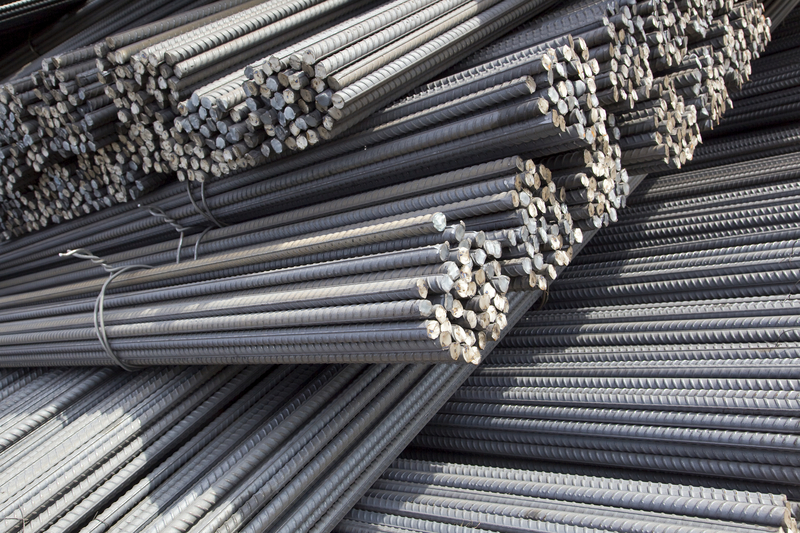The Trade Remedies Authority is considering the lifting of anti-dumping measures on imports of Chinese HFP Rebar steel to meet demand from the UK’s construction industry – even though it recognises dumping might happen again.
The TRA has found that keeping the measures, which have been in place since 2016, would not be in the economic interests of the UK as there is currently a high demand for affordable imported HFP Rebar from the UK construction sector in particular.
All of the TRA’s transition reviews involve an Economic Interest Test to consider the economic impacts — both beneficial and harmful — of imposing a trade remedy measure.
In this case, the TRA found that the economic impact of maintaining the anti-dumping measures on HFP Rebar from China would be severe, particularly to the UK construction sector, which is worth over £108 billion annually to the UK economy.
HFP Rebar, also known as reinforcement steel and reinforcing steel, is typically used in the construction industry, which employs an estimated 1.4 to 2.2 million employees, to reinforce concrete and masonry structures to strengthen concrete.
The industry has been rebounding since the COVID-19 pandemic, and the TRA found a high likelihood that there will be continued high demand for HFP Rebar. However, in 2020-21, 27% of total Rebar imports came from Belarus, Russia and Ukraine. These imports are likely to drop substantially as a result of the Russian Invasion of Ukraine and the resulting sanctions. As such, high demand and an anticipated shortfall of supply means continuing the measure would increase prices paid domestically.
The TRA judges that impact on the UK economy would outweigh the potential harm to the UK producer Celsa in South Wals and Liberty Steel in Scunthorpe. In addition, a steel safeguard measure extended by the UK government last month applies to HFP rebar. This safeguard will limit a level of imports from China and give some protection to the UK.
Therefore, while the TRA found that dumping of HFP Rebar is likely to recur if the measures are revoked and that injury to the UK production would occur, it is not in the economic interests of the UK for the measures to be kept.
TRA Chief Executive Oliver Griffiths said: “We have a duty to weigh up the impact of dumping on UK producers against the broader effects on the UK economy of imposing tariffs. In this case, our assessment is that high domestic demand and international supply shortages mean that retaining tariffs on HFP Rebar from China would push up prices for key elements of the UK economy, such as construction. Our judgement is that the impact on the British economy of higher prices would significantly outweigh the impact on the sole UK producer of rebar of removing tariffs on Chinese imports.”
There will be a 30-day period in which interested parties can comment on the report. Comments can be submitted by Interested Parties to the TRA via the Trade Remedies Service website.
The TRA will then consider and produce a Final Recommendation, which will be sent to the Secretary of State for International Trade who will make the final decision on whether to uphold the TRA’s recommendation. The government is able to ‘call in’ the case at any point in the investigation, to instruct the TRA to undertake further or different analysis in the case.



